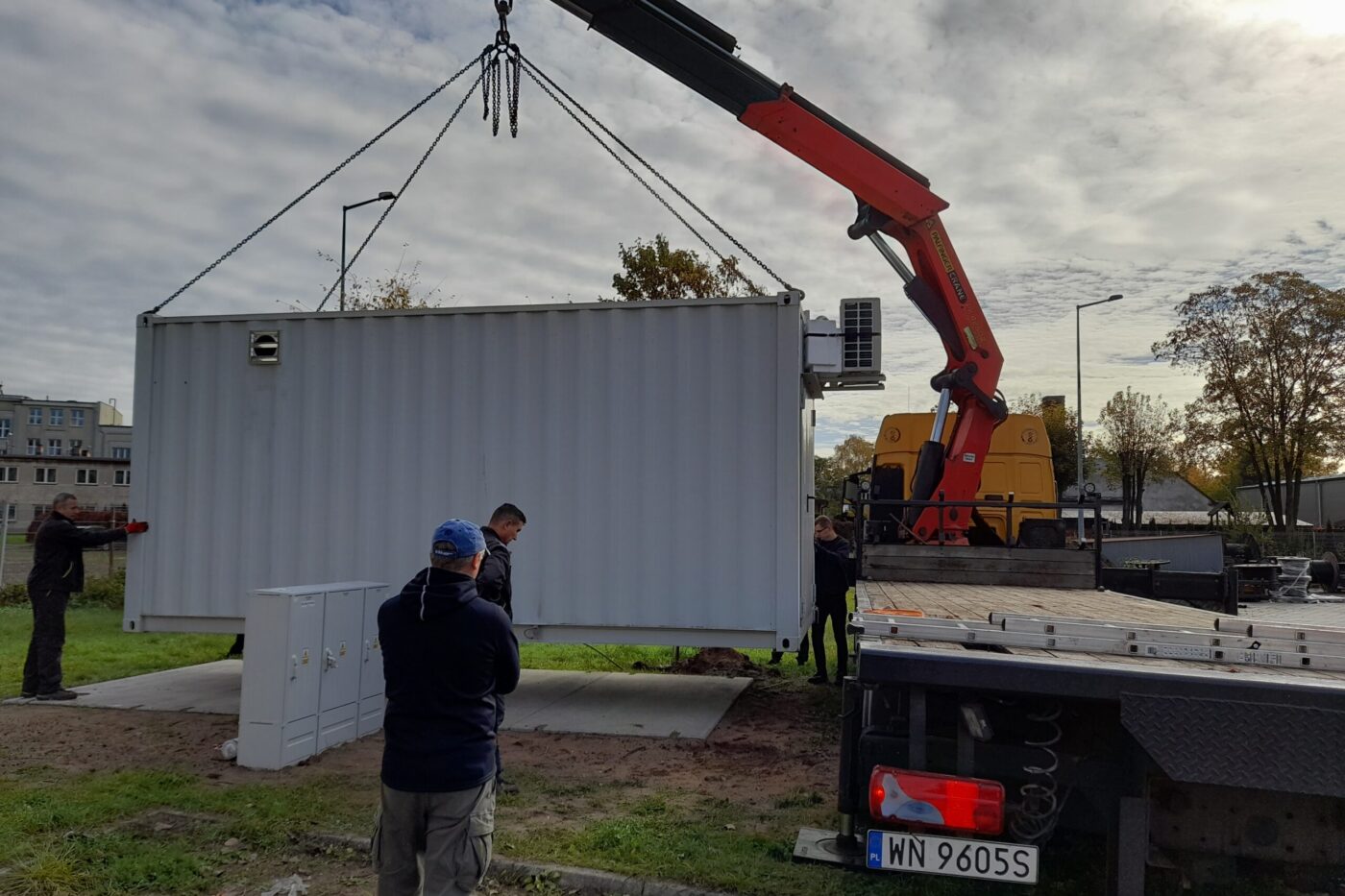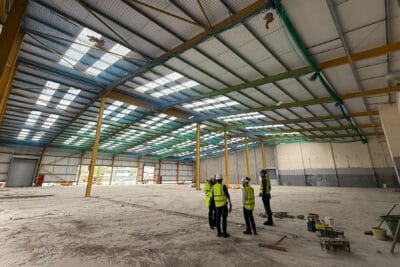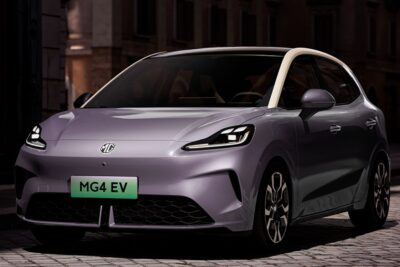Tauron builds second-life energy storage unit in Poland
The stationary energy storage system with a capacity of 150 kWh is already connected to the power grid. It consists of four battery modules, each with 78 cells. The batteries come from the first Solaris electric bus that ran in Jaworzno.
The lifecycle of an electric bus’s battery is eight to ten years. As more and more electric buses roam the streets of Poland, Tauron expects more batteries to become available for second-life projects, such as stationary energy storage systems.
“Batteries in electric buses lose part of their capacity and efficiency while in service,” explains Patryk Demski, vice-president of the Tauron Group for strategy and development, in a release. “Batteries with a capacity below 80 per cent, which are no longer useful in buses, can become an excellent element of stationary electricity storage. Therefore, batteries’ second life is an extension of their useful life by at least eight years. “
Solaris, Impact Clean Power Technology and Tauron Polska Energia have been jointly researching the secondary use of lithium-ion cells, which are no longer suitable for use in vehicles, as energy storage in stationary applications since 2021. The current project is co-financed by the European Union under the European Regional Development Fund of the Smart Growth Program.
smart-energy.com, tauron.pl (in Polish)





0 Comments